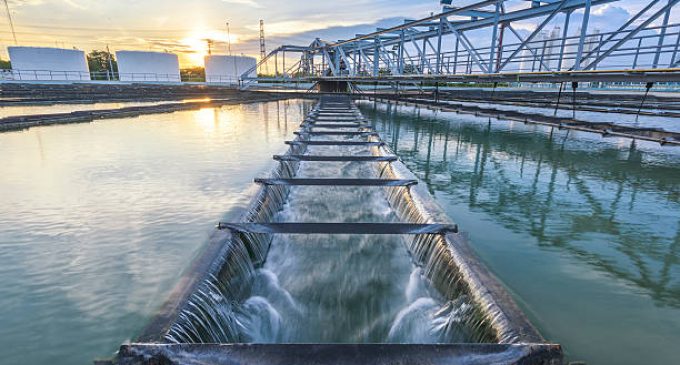Lack of Investment in NI Water Infrastructure Hampers Housing Developments

A longstanding deficiency in Northern Ireland’s water infrastructure investment is now manifesting as a significant obstacle to new housing developments, according to a recent report by the Comptroller and Auditor General of the Northern Ireland Audit Office, Dorinnia Carville.
The report highlights that the historic underinvestment in water infrastructure has led to substantial capacity issues, particularly in wastewater and sewerage systems, impacting various developments, including the construction of new homes. Notably, the report indicates that development applications in approximately 100 areas, encompassing 25 cities and towns, face approval delays or restrictions due to the strain on existing infrastructure.
These limitations pose a formidable challenge to the Northern Ireland Executive’s objectives, notably its commitment to delivering 100,000 new homes over the next 15 years as part of the Home Supply Strategy. The report underscores that the chronic underinvestment predates the establishment of NI Water in 2007 and demands urgent attention.
Analyses by NI Water indicate that rectifying the consequences of historical underinvestment would necessitate significantly higher levels of funding than previously allocated. An estimated annual investment of £350 million for the next 15 years is deemed essential to address these pressing infrastructure needs.
Dorinnia Carville, while acknowledging the complexities surrounding finance and investment, emphasized the tangible impact of underinvestment on various sectors, particularly the restrictions it imposes on new development projects. She called for a comprehensive review of alternative funding arrangements, led by qualified experts, to address these challenges effectively.
The report underscores the broader significance of infrastructure planning and financing, stressing the need for a coordinated and sustainable approach to address the systemic issues. Carville urged stakeholders to collaborate diligently to establish robust arrangements that support such an approach, ensuring the resilience and adequacy of Northern Ireland’s critical infrastructure for years to come.







